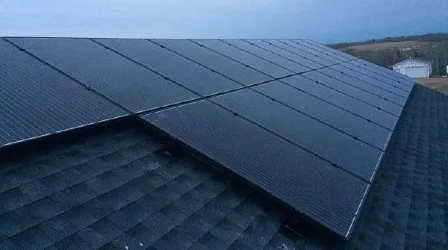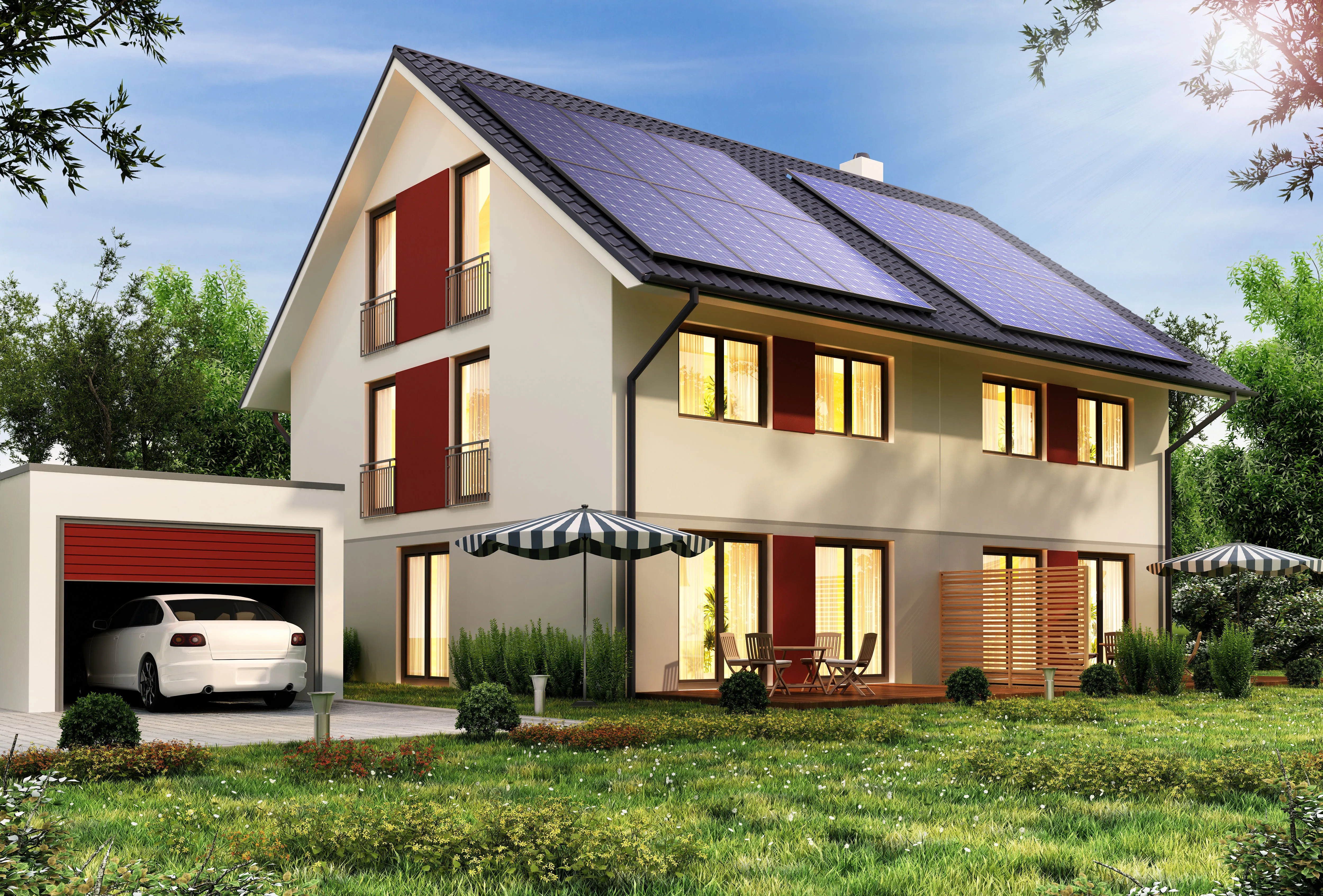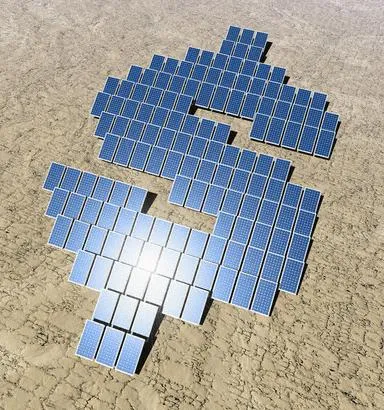Why do FL Utility Companies Require Additional Insurance for Tier 2 Solar Systems more than 11.74 KW?
When going solar to cut costs and save tens of thousands on your electric bill, it is important to understand why exactly utility companies in Florida require homeowners to have a 1 million dollar personal liability coverage either in their existing homeowner's insurance or via an umbrella policy.
First of all let's begin by explaining what personal liability, or family protection liability coverage actually covers.
Personal Liability or Family Protection Liability, protects you financially if you're responsible for damages or injuries to others and can extend to your household relatives, including if your child accidentally damages your neighbor's property.
It is always a standard coverage that you can find in your homeowners insurance declaration page and is also included in renters and condo insurance policies.
The funny part about this requirement is that it doesn't make any sense and is actually a scare tactic utility companies use to try to deter more homeowners from going solar, because although it seems that they promote solar to their clients, the fact is that every time someone goes solar and assuming they are at a 100% solar offset relative to the consumption on their bill, they can no longer keep charging and increasing their electric clients bills any longer, since they now own a solar energy producing system that now generates what they we're renting from them.
Legal representatives have reached out to various utility companies questioning the need for this insurance in Florida considering this is one of the few states that require this, Texas and North Carolina which are growing solar markets are not required to have this additional insurance, and their answer was generally the same along the lines of "Because it imposes additional risks and dangers to our grids".
And when questioned what would those specific risks and dangers be they would respond that they are currently unaware.
If their explanation is that Tier 2 solar systems which they determine is any solar system larger than 11.74 KW DC, usually from 29-33 panels depending on the watt of the panel imposes extra risks to their grid, then it wouldn't be personal liability coverage what would protect them from potential damages to their grid, rather it would be requiring an increase of the dwelling unit coverage, which protects against physical damage to equipment and not personal injuries or lawsuit claims.
Homeowners who Airbnb their properties are usually advised to increase their personal liability policy to $1 million in the event their guests injure themselves in their properties, which thinking positively that will be one less thing that you will have to worry about getting when going solar in Florida.
If you're planning to install a solar PV system in Florida, it's essential to understand the insurance requirements for Tier 2 systems. Florida law requires that all solar PV systems meet specific insurance standards to protect property owners and ensure the safety of the general public.
If you have a very good roof for solar and consume an average amount of electricity, then most likely you will not even have to worry about acquiring Tier 2 insurance since chances are high your solar system will be less than 11.74 KW DC, but if you do consume a lot energy due to the year the home was built, how old your AC, windows, water heater, pool pump if you have one are then most likely you will need either a Tier 2 insurance in Florida, or upgrade your home to make it more energy efficient thus needing a smaller solar system size.
According to Florida law, Tier 2 solar PV systems must carry a minimum of $1 million in liability insurance coverage. This coverage must be in effect at all times during the installation, operation, and maintenance of the solar PV system so don't let an inexperienced or unethical sales rep give you misinformation regarding this topic.
If you end up finding out that you will need a Tier 2 sized solar system for your home, you can always compare with your homeowners insurance company to see how much they would increase your policy for increasing your personal liability to $1 million dollars or you can just get an umbrella policy that will add to your existing personal liability coverage.
For example, let's say that you ran out of options in Florida and had to go with Citizens for your homeowner's insurance, well their standard personal liability coverage is $100k.
If this is your case, your best option is to get an umbrella policy for $900k or the full $1 million dollars, which sometimes one or the other is cheaper depending when you shop around, I recommend Jeanette from State Farm as she does not charge insurance premiums and has been getting my solar homeowners the best quote, which is anywhere from $400-$450 a year.
If you happen to have another homeowners insurance besides citizen, then chances are high that your existing personal liability coverage is at $300k which is standard, and in that case, your best bet is to get a quote from Progressive where they have $700k personal liability umbrella policies for $165 without a pool and $205 with a pool.
If you need any help feel free to reach out to me at [email protected] and I would be happy to send you a couple of great homeowners insurance agents that can get you these quotes. We have researched and found that they are the cheapest options currently available, and if you happen to come across an even cheaper option then please send me an email so I can test them out and refer to our homeowners.
Installing a solar PV system can provide many benefits, including lower energy costs and a reduced carbon footprint. However, it's essential to understand the insurance requirements for Tier 2 systems in Florida to protect your property and ensure compliance with the law.
Although we don't have to agree with the way regulators and officials create the laws, we have to respect and follow the current laws regarding insurance coverage for Tier 2 Solar Systems, so we can enjoy the benefits of our solar PV system with peace of mind.
- Eric Brickus




